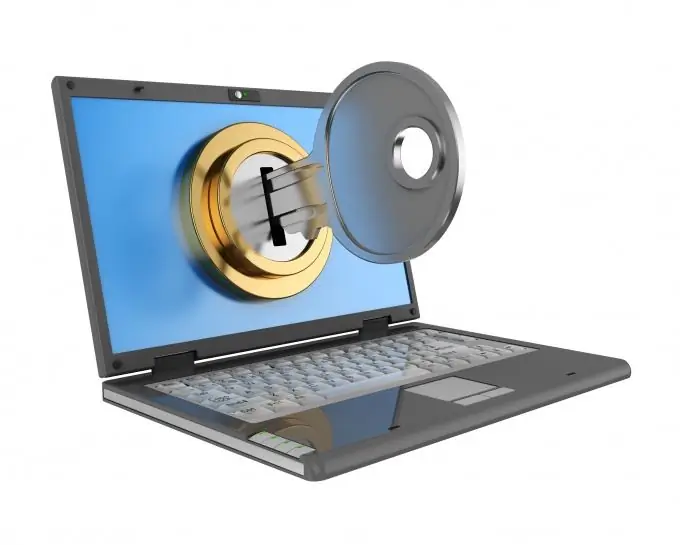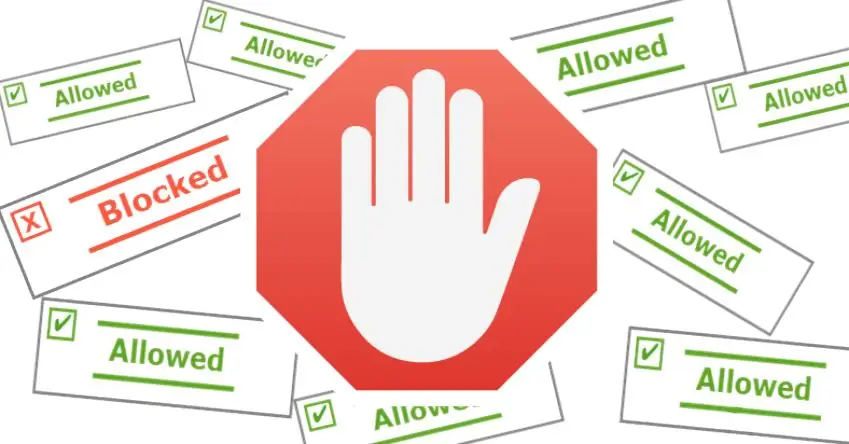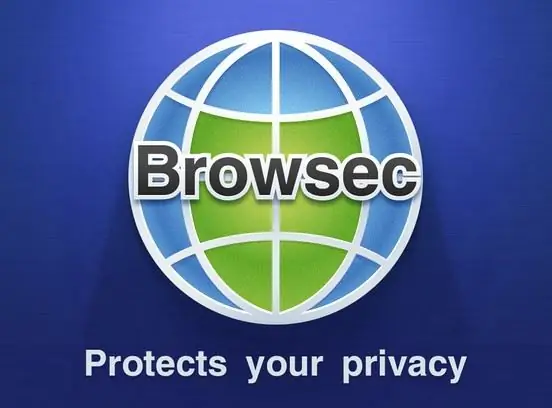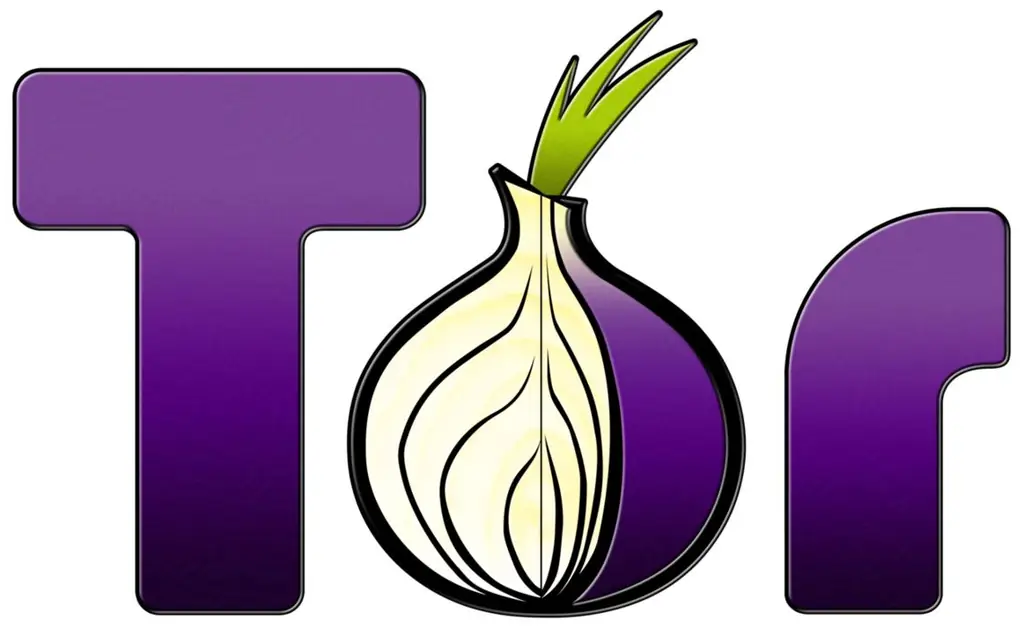- Author Lauren Nevill nevill@internetdaybook.com.
- Public 2023-12-16 18:48.
- Last modified 2025-01-23 15:15.
More and more people and devices go online or are constantly connected to it. We leave more and more information about ourselves online. Sellers hunt for her in order to more successfully sell their goods to us; people conducting sociological research; attackers who want to get to our savings or data; spammers, etc. The standard set of antivirus + firewall is not enough. To protect yourself and make your online experience comfortable, you need additional tools.

We all access the Internet using web browsers, or browsers. Regardless of which browser you are using, your browser supports add-ons (extensions, plugins).
We block ads
The first thing to do is install ad blocking extensions. Advertising is not as harmless as it seems at first glance. Banner ads, in addition to showing you certain products or services, may contain functionality to spy on you or even to remotely control your computer. Of course, only unscrupulous advertisers endow their advertising with such opportunities, but nevertheless, it is advisable to be on the safe side. The most popular ad blockers are browser extensions AdBlock, AdGuard and uBlock. They are available for all popular browsers. The positive side effect of installing such extensions is that every page on the Internet that you open will become much more readable: dozens of annoying flickering banners and pop-ups will disappear. Faster loading of sites will be another significant advantage.

We encrypt traffic
The next step is, in fact, anonymization. There are several solutions to this. Let's first look at solutions implemented as browser add-ons.
The first is Browsec. This extension exists for Chrome and Mozilla Firefox browsers. You can download it on the official website of the same name. This extension directs all your traffic through a secure, encrypted VPN channel. At the same time, firstly, almost no one can decipher your traffic, and secondly, determine your physical location. A very useful extension that is also very easy to use. A positive side effect of using this extension is that you can access sites that are blocked in your country.

Disable surveillance
The next useful extension is Ghostery. It detects tracking bugs, beacons, markers, analytics and behavioral analysis scripts on the page you open. By default, it does not block them, but only informs you that there is tracking on the site. And then you yourself decide which company to allow to monitor your actions on the Internet, and which one to ban.

Disable scripts
Next, you can turn off the automatic execution of scripts. For this, there are extensions GhostScript, NoScript and their many analogues. Scripts have tremendous capabilities, including saving, opening and modifying files on your computer, obtaining information about your location, reading keystrokes and mouse movements. Therefore, disabling scripts will additionally protect you when surfing the web. The downside to disabling scripts is that the functionality of some sites may suffer. For example, often menus, animation and some additional functionality on sites are implemented using scripts. But also any site that you trust and which you regularly use can be added to the "white list".

We use the TOR network
The next solution to anonymize your online presence is to use special protocols.
Tor is an anonymous network of virtual tunnels through which data is transmitted in encrypted form. Tor Browser is a browser that transfers traffic through the Tor anonymous network. You can download it from the official site of the TorProject project. With a simple setup and connection to the anonymous onion network, the browser is ready to protect your privacy when you visit websites. The developer page provides simple guidelines to follow when browsing the Internet using the Tor browser to maintain your privacy.

We use virtual private networks
We have already looked at an extension for a VPN connection. But it will only work in the browser through which you are currently accessing the Internet. At the same time, the operating system itself or other applications can at the same time access the Internet and thus de-anonymize, reveal you.
If you need more strict anonymity on the global web, you can use the OpenVPN application for your computer or mobile device. It exists for Windows, Android, Mac and iOS platforms. Once installed, you simply connect to one of the many available servers and all of your traffic starts flowing through the encrypted VPN connection.

conclusions
We have considered the most basic tools for maintaining anonymity on the Internet, and in 90% of cases they will help you keep your personal information while surfing the Internet. But remember that 100% no system can provide protection, because the weakest link in all this is a person. So try to use the internet wisely.






